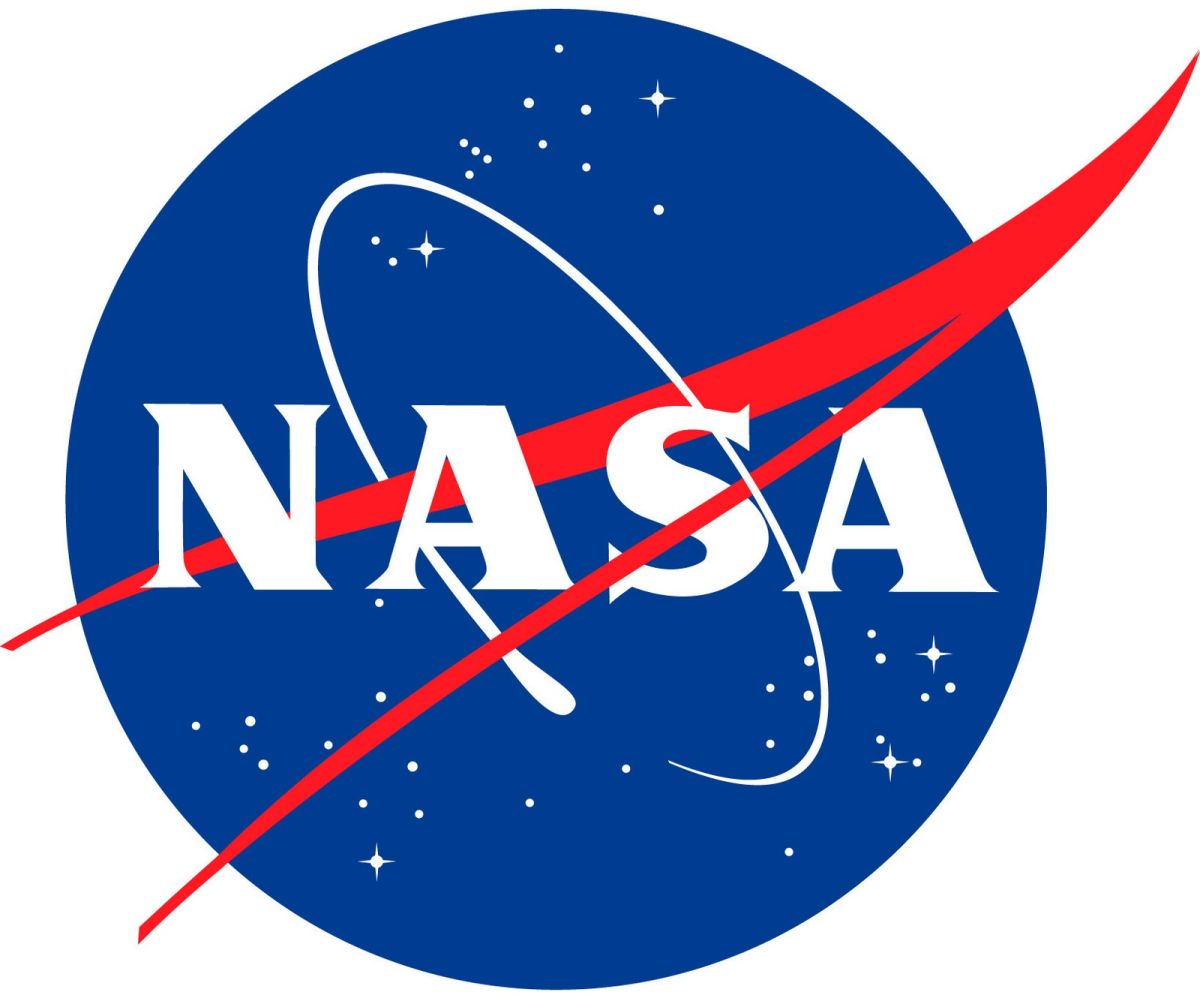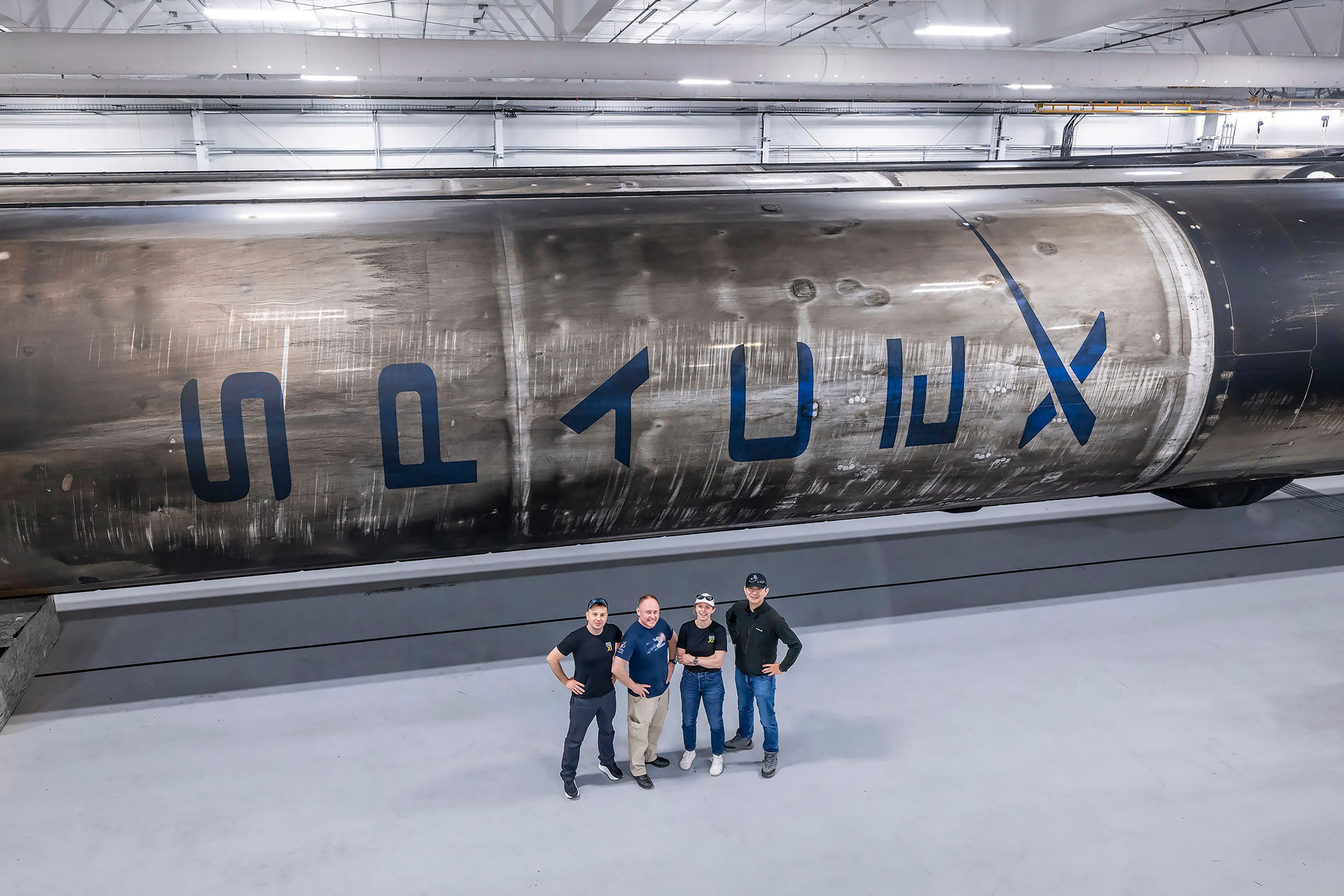Time Running Out in Congress for NASA Authorization and Other Space Bills

WASHINGTON — As the 114th Congress winds to a close, several space-related bills seeking passage, including a NASA authorization bill, are in danger of running out of time.
The top priority for Congress is passage of a continuing resolution (CR) to fund the federal government. The CR currently funding government agencies at fiscal year 2016 levels expires Dec. 9.
Appropriators are expected to introduce a new CR Dec. 6 that would continue funding the government into 2017. Originally, the new CR would extend through March, but congressional leaders said Monday it would likely run through April, giving Congress more time to finalize revised spending bills that take into account priorities of the incoming Trump administration.
The new CR, while not surprising, is a setback to some in Congress who had hoped to finalize fiscal year 2017 spending bills during the post-election lame duck session. "I am disappointed. It didn't have to be this way," said Sen. Barbara Mikulski (D-Md.), the ranking member of the Senate Appropriations Committee, in a Nov. 29 speech on the Senate floor. Mikulski, who also is the top Democrat on the appropriations subcommittee that funds NASA, is retiring this year.
Congress is expected to adjourn after passage of the CR, the last "must pass" bill of this Congress, at the end of this week. That gives proponents of several space-related bills still pending approval little time to win passage, or else be forced to start over when the new Congress convenes in January.
Among them is a long-awaited NASA authorization bill. Negotiations have been in process for weeks on a revised version of an authorization bill, the NASA Transition Authorization Act of 2016, that the Senate Commerce Committee approved Sept. 21. That bill authorizes funding for NASA in fiscal year 2017 and includes a wide range of policy provisions.
For the bill to be enacted this year, the Senate would need to pass the modified bill under a process known as unanimous consent, which allows for expedited passage of bills provided no member is opposed. The bill would then go to the House, which has passed its own versions of NASA authorization bills with little trouble in the past.
Get the Space.com Newsletter
Breaking space news, the latest updates on rocket launches, skywatching events and more!
Two other minor space-related bills are seeking passage this week. On Dec. 5, the House approved by a voice vote H.R. 2726, a bill that authorizes the United States Mint to create a series of coins commemorating the 50th anniversary of the Apollo 11 landing. Proceeds of the coins would go to the National Air and Space Museum for an upcoming "Destination Moon" exhibit, the Astronaut Memorial Foundation and the Astronaut Scholarship Foundation.
House members are also seeking support for H.R. 6147, a bill that would establish a memorial at Arlington National Cemetery for the three astronauts killed in the January 1967 Apollo 1 accident. A "Dear Colleague" letter circulated in the House by Reps. Eddie Bernice Johnson (D-Texas), ranking member of the House Science Committee, and Jeff Miller (R-Fla.), chairman of the House Veterans Affairs Committee, Nov. 30 sought co-sponsors for the bill in a bid to build support for consideration by the full House this week.
Those other space bills, like the NASA authorization bill, would require passage in the Senate by unanimous consent. However, on Dec. 5 four senators said they would block passage of any bill requiring unanimous consent until the Senate takes up legislation to preserve health care benefits for retired coal miners.
There have been some victories for bills with space-related provisions, however. On Dec. 1, the Senate passed a version of H.R. 1561, the Weather Research and Forecasting Innovation Act of 2016, that the House passed in May 2015. Among the bill's provisions is a call for a study on future weather satellite systems, as well as authorization for a commercial weather data pilot program that the National Oceanic and Atmospheric Administration had already undertaken using funding appropriated for fiscal year 2016.
The Senate passed the bill at the same time that one of the bill's House co-sponsors, Rep. Jim Bridenstine (R-Okla.), spoke at an event here held by the American Astronautical Society and the American Meteorological Society. "I am very pleased with the progress that NOAA has made on this program so far," he said of the commercial weather data pilot program, noting two contracts NOAA awarded to companies in September.
One commercial space bill also recently became law. President Obama signed into law Nov. 28 H.R. 6007, a bill that requires the Federal Aviation Administration to take into account space transportation issues when studying the potential impact of structures built near airports. Currently, the FAA is limited to considering only air transportation impacts in those studies, even for airports that are also licensed as spaceports.
The bill, introduced by House Majority Leader Kevin McCarthy (R-Calif.) Sept. 13, took an unusually expedited route to passage. The House passed the bill on a unanimous vote Sept. 21, and the Senate approved the bill by unanimous consent Nov. 16. McCarthy's district includes the Mojave Air and Space Port, an airport and FAA-licensed spaceport where officials had raised concerns about the effects of nearby development on spaceflight operations.
This story was provided by SpaceNews, dedicated to covering all aspects of the space industry.
Join our Space Forums to keep talking space on the latest missions, night sky and more! And if you have a news tip, correction or comment, let us know at: community@space.com.

Jeff Foust is a Senior Staff Writer at SpaceNews, a space industry news magazine and website, where he writes about space policy, commercial spaceflight and other aerospace industry topics. Jeff has a Ph.D. in planetary sciences from the Massachusetts Institute of Technology and earned a bachelor's degree in geophysics and planetary science from the California Institute of Technology. You can see Jeff's latest projects by following him on Twitter.










